Dan Tehan ups push for trade deal with Taiwan with ministerial talks
A growing push within the government for a free trade deal with its seventh largest export market would defy China’s wishes.
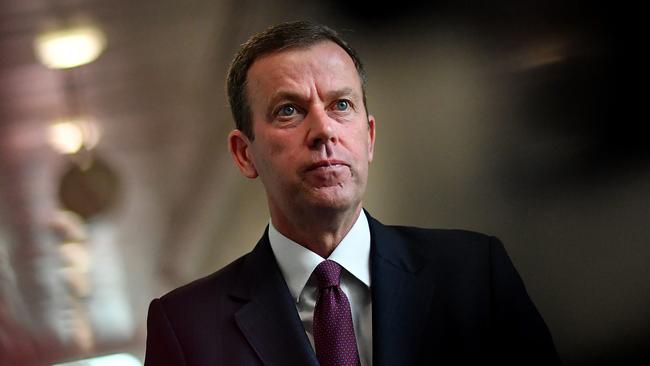
Trade Minister Dan Tehan has had talks with Taiwan’s economics minister amid a growing push within the government for Australia to strike a free trade deal with its seventh largest export market in defiance of China’s wishes.
Mr Tehan’s July 1 virtual meeting with Minister Wang Mei-hua, which followed April talks with Taiwan’s Trade Minister John Deng, was focused on the bilateral energy trade including the potential for Australian hydrogen exports. It followed the Biden administration’s move last month to restart regular trade talks with Taipei, as a precursor to a future free trade agreement.
Taiwan purchased more than $11.9 billion in Australian exports in 2019-20, including $4.4 billion worth of coal and $2.6 billion worth of natural gas.
Taiwan’s top export to Australia is refined petroleum, which make up nearly a fifth of its $5.4 billion Australian-bound trade.
The country, which Australia does not formally recognise due to Beijing’s ‘One China’ policy, is the only one of the nation’s top ten trading partners which Australia does not have a free-trade agreement with.
There have been ongoing discussions between Australian and Taiwanese officials on the possibility of such a deal, and Taiwan’s desire to join the 11-nation Comprehensive and Progressive Agreement for Trans-Pacific Partnership. But the former Turnbull government walked away from plans to strike a bilateral FTA with Taiwan in 2018, after China expressed its opposition to the move directly to former foreign minister Julie Bishop.
Many in the Morrison government believe an Australia-Taiwan FTA is a “no-brainer”, given the importance of the market.
There is also a growing view on the government backbench that China, which has already imposed $20 billion in targeted sanctions, is running out of economically coercive tools it can use against Australia.
“What more have we got to lose?” one Liberal MP said.
“There is strong support for it on the back bench, but it is a highly sensitive issue.”
Mr Tehan declined to comment on the talks but his spokesman said: “Minister Tehan’s meeting with Taiwan was focused on energy.
“When it comes to free trade agreements, Australia is focused on negotiating FTAs with the UK and EU as well as scoping studies for FTAs with Israel and the European Free Trade Association.”
Australia’s representative in Taiwan Jenny Bloomfield said the discussions had been productive.
“Taiwan is an important trade and investment partner for Australia. We look forward to deepening links in LNG, hydrogen, biotech, finance, education and other fields,” she tweeted.
New Zealand and Singapore signed free trade agreements with Taiwan in 2013, before the current tensions between Beijing and the West over the territory which China claims as its own.
Perth USAsia Centre research director Jeffrey Wilson said Mr Tehan’s meetings with two Taiwanese ministers in a matter of months showed a marked shift in Australian government’s approach.
“It demonstrates that Australia is reappraising where its economic priorities within ‘greater China’ lie,” Dr Wilson told The Australian.
He said there was “no question” there were growing demands within the Australian political system for a more formal trade framework with Taiwan.
But some believed it was better to push for its entry into the CPTPP, which would almost certainly require US membership of the Pacific trading bloc.
Dr Wilson said China now had fewer options to punish Australia for strengthening its relationship with Taiwan.
“The only things Beijing has got to whack us with bilaterally would be dairy and LNG at the moment, but both could cause self-harm to China,” he said.


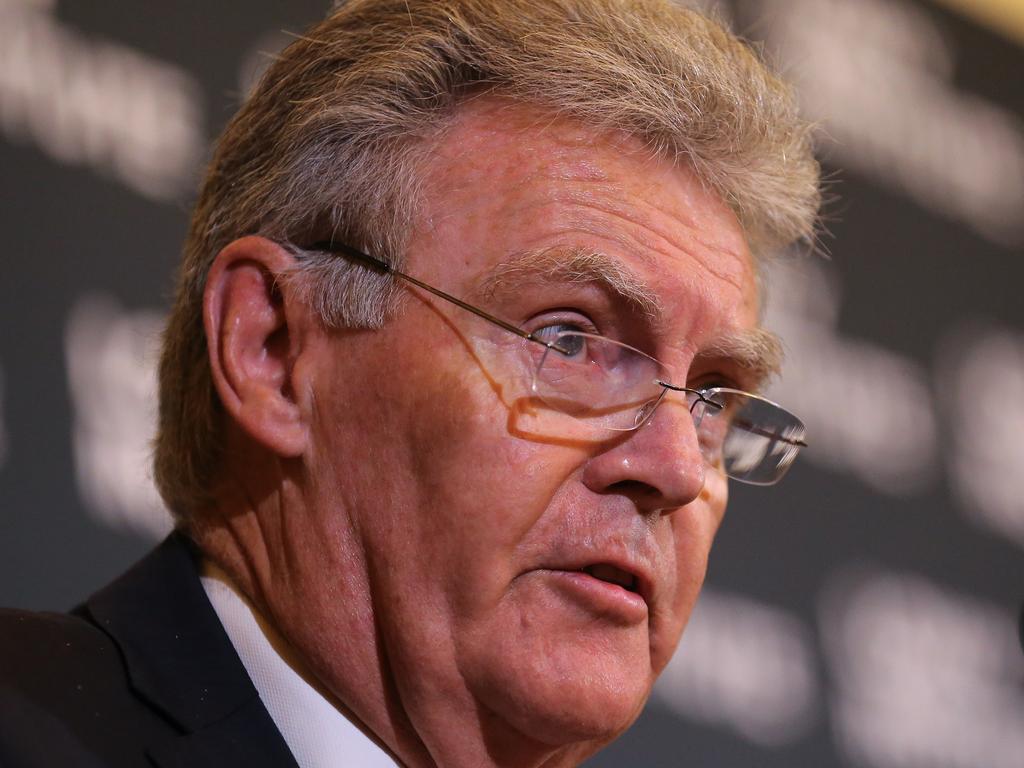
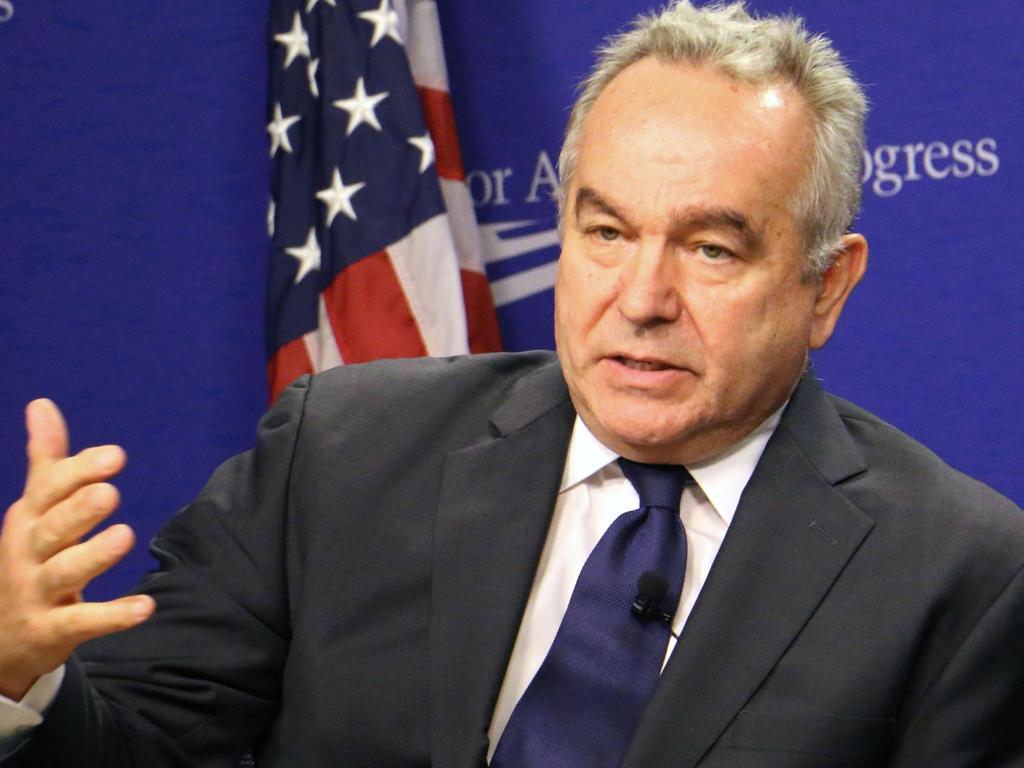


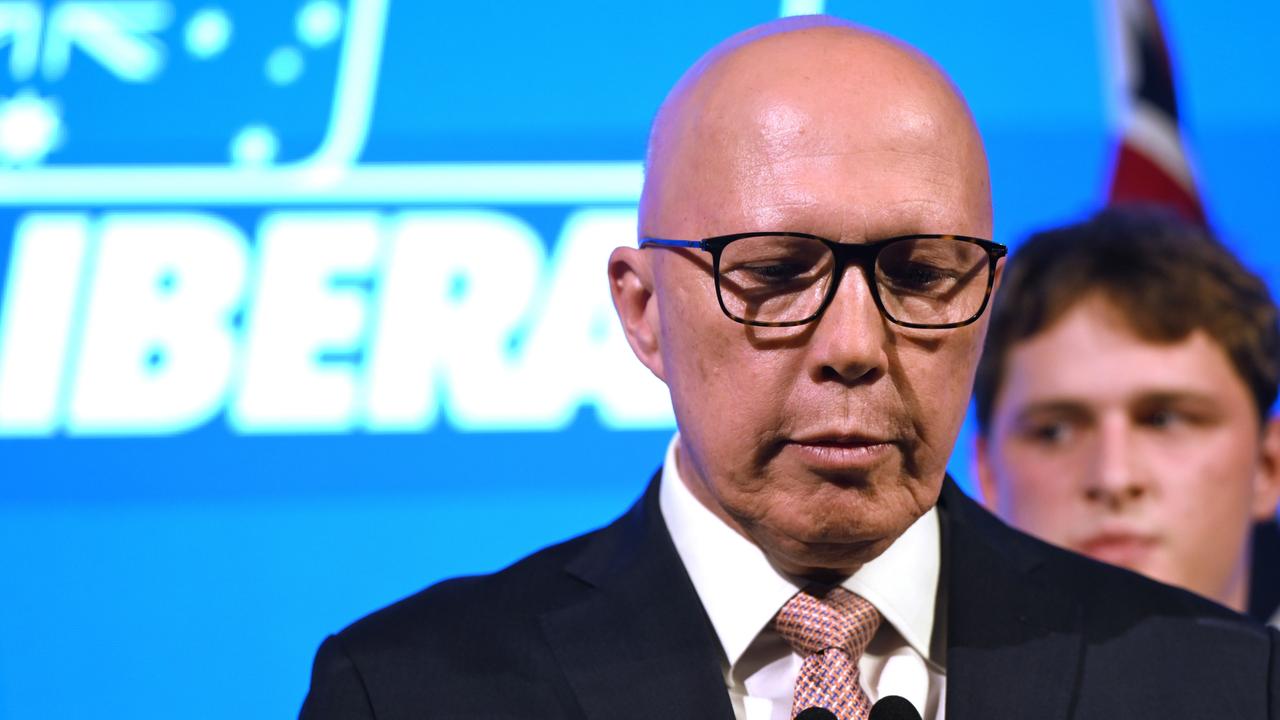
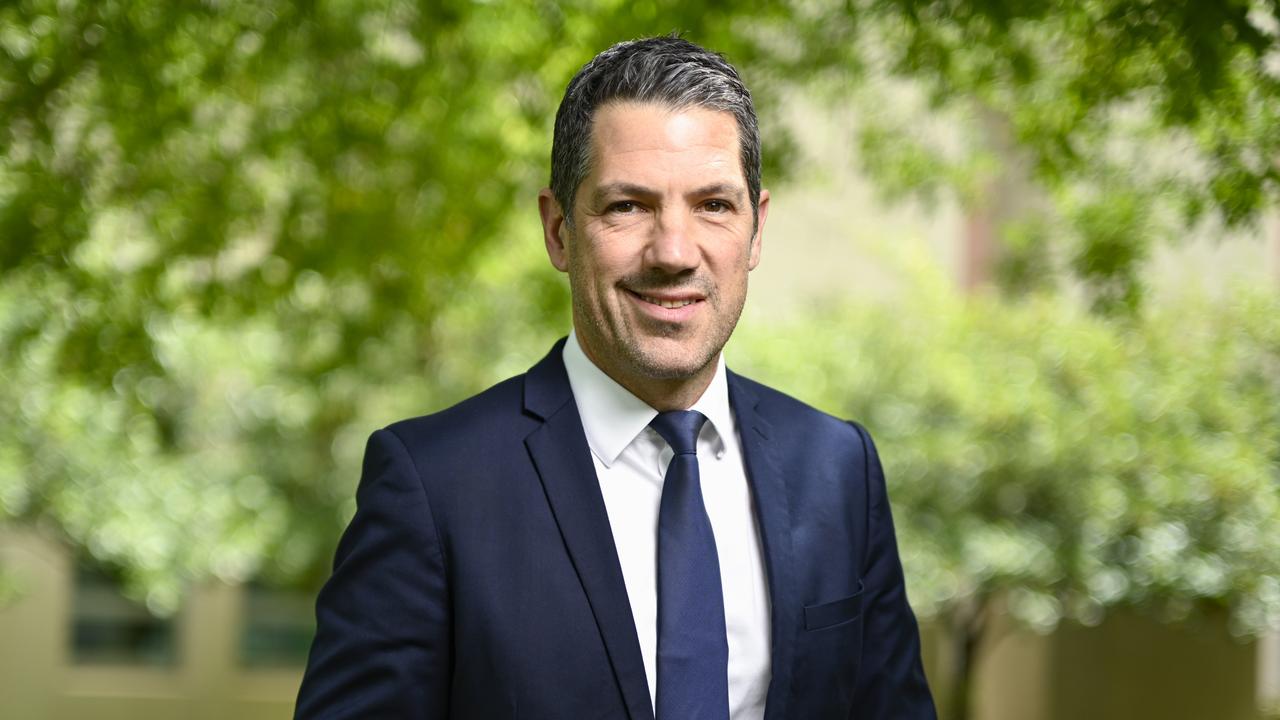
To join the conversation, please log in. Don't have an account? Register
Join the conversation, you are commenting as Logout